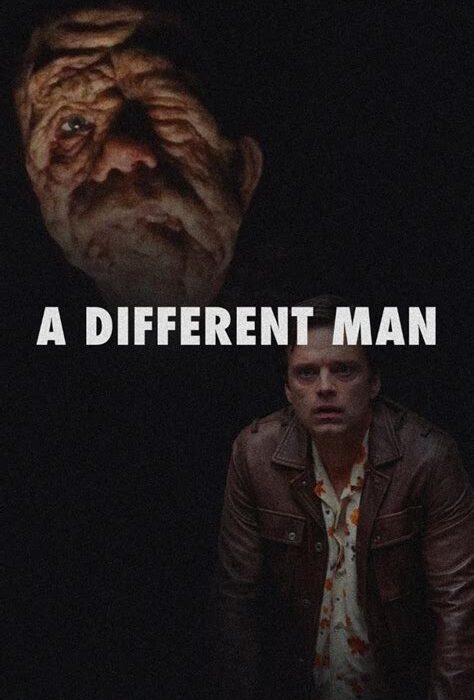Post-Mortem Report: IRNP-1 Experimental Drug Trial
Patient Name: Edward L.
Study Name: Identity Reinvention and Neuro-Psychoactive Drugs (IRNP-1)
Cause of Death: Suicide triggered by psychological instability caused by IRNP-1’s side effects.
Overview of the Study
The IRNP-1 trial focused on a revolutionary drug designed to assist individuals with extreme body-image issues by granting their bodies the ability to shed excess skin and regenerate tissue. The process was meant to help patients achieve their desired appearance without invasive surgeries.
Edward, a participant with severe body dysmorphia and visible disfigurements, demonstrated initial success with the treatment. However, unforeseen psychological side effects, exacerbated by the drug’s physical transformations, created severe mental distress. Edward ultimately died by suicide, an event that led to the immediate termination of the study.
Positives
1. Groundbreaking Concepts in Regenerative Medicine:
The IRNP-1 drug marked a novel approach to physical transformation, moving beyond conventional surgeries and therapies. Early results suggested potential applications for burn victims and individuals with severe scarring or disfigurements.
2. Challenging Ethical Representation in Media:
The artistic exploration inspired by Edward’s journey raised significant discussions about the ethics of representation. By shedding light on “cripping up” practices in media, Edward’s story has pushed production companies to approach portrayals of physical differences with greater authenticity.
3. Innovative Visual Storytelling:
Edward’s creative outlet during the trial demonstrated powerful body language and captivating physical performances that conveyed his internal conflict. This set a new standard for non-verbal expression in media narratives.
4. Fresh Camera Work in Action Sequences:
Experimental use of dynamic camera angles and movement during pivotal scenes mirrored Edward’s transformations and physical struggles, adding a visceral layer to the storytelling.
Negatives
1. Unanticipated Psychological Effects:
While the physical benefits of IRNP-1 were extraordinary, the mental toll was catastrophic. Edward’s inability to reconcile his new identity with his past self highlighted a failure to address the psychological implications of rapid physical transformation.
2. Disjointed Storytelling and Metaphors:
The symbolic inclusion of the “hole in the roof” subplot felt disconnected from the central narrative. While intended to represent Edward’s deteriorating mental state, its inclusion detracted from the focus on his primary conflict.
3. Lack of Character Continuity:
The decision to “kill off” the Edward persona entirely, both metaphorically and physically, left significant gaps in his story arc. The failure to explore the possibility of integrating his old and new selves left audiences and researchers feeling unresolved.
4. Negative Public Perception:
The study’s dramatic failure, coupled with Edward’s tragic death, cast a shadow over both the scientific and artistic communities, raising ethical concerns about human trials involving extreme transformations.
Ethical and Cultural Reflections
The cancellation of the IRNP-1 trial marks both a scientific setback and a moral reckoning. It could have been a gift to mankind. Edward’s case serves as a somber reminder of the immense responsibility that comes with pushing the boundaries of human potential.
6/10

